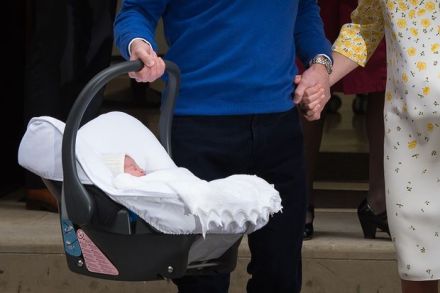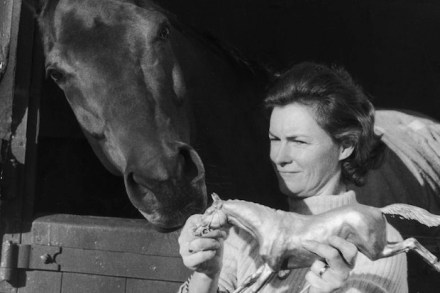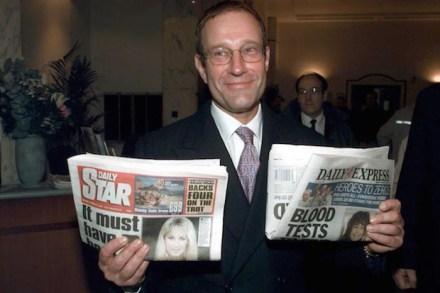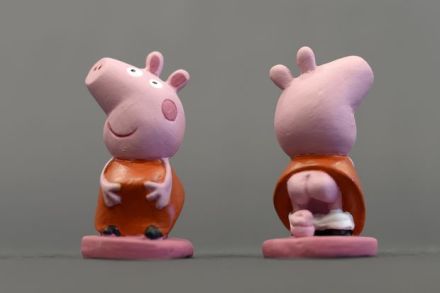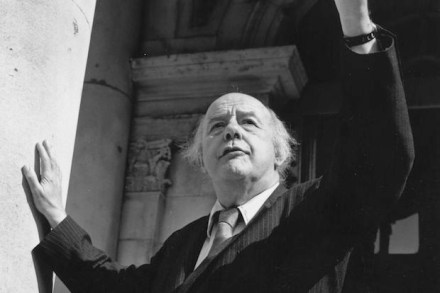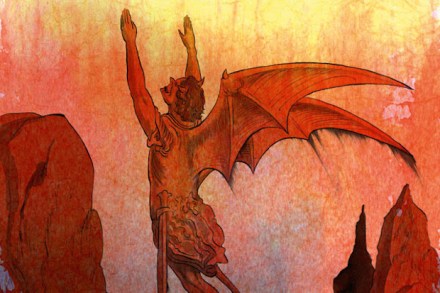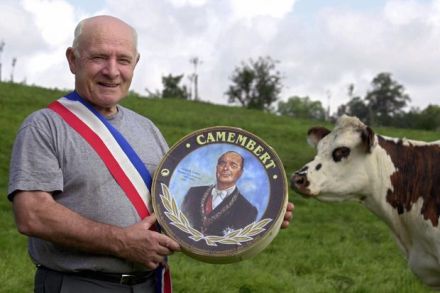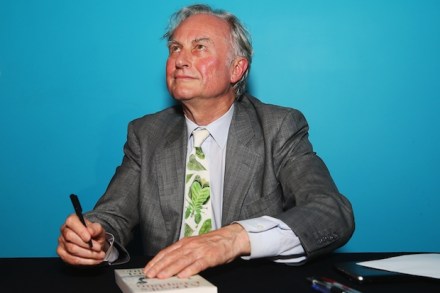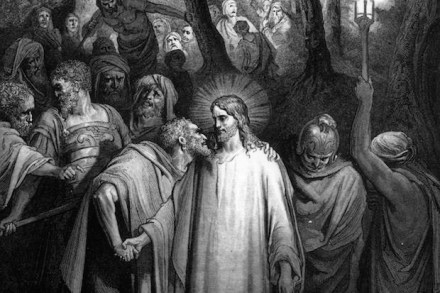Spectator competition: Poems for Princess Charlotte of Cambridge (plus: the poetry of cricket)
The poet laureate Carol Ann Duffy’s failure to pen a poem commemorating the birth of Princess Charlotte of Cambridge prompted us to invite you to do it instead. You stepped into the breach with gusto: sonnets, odes and haikus poured in. The entry was diverse, full of charm and a pleasure to judge. I was particularly moved and impressed by the poems submitted by a group of seven- to eight-year-olds, which put some of the adult entrants to shame. Honourable mentions also go to Coco Hills and Marc Woodward. Sylvia Fairley’s entry, a neat riff on Duffy’s ‘22 Reasons for the Bedroom Tax’, was a winner. W.J. Webster’s sonnet earns
